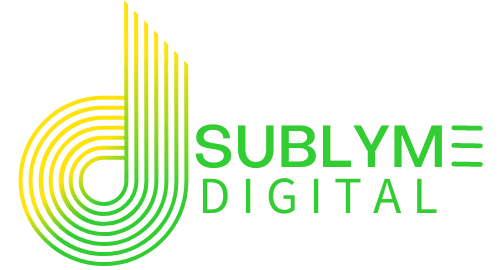Maximize Your AdWords Spend: Budget Optimization Strategies
In the competitive world of digital marketing, Google AdWords stands out as a powerful tool for reaching potential customers. However, without proper budget optimization, you might find yourself spending more than necessary without seeing the desired results. This guide will walk you through effective strategies to ensure you’re getting the most out of your AdWords spend.
1. Set Clear Goals
The foundation of any successful AdWords campaign is setting clear, measurable goals. Whether you’re aiming to increase website traffic, boost sales, or generate leads, having specific objectives will guide your strategy and help you measure success. Define what success looks like for your business and align your campaign goals accordingly.
2. Conduct Thorough Keyword Research
Choosing the right keywords is crucial for targeting the right audience and optimizing your budget. Use tools like Google Keyword Planner to identify cost-effective keywords that align with your goals. Focus on long-tail keywords that are less competitive but highly relevant to your business, as they often provide better value.
3. Use Negative Keywords
Negative keywords are essential for preventing your ads from showing up in irrelevant searches. By identifying and implementing negative keywords, you can save money and improve the quality of your traffic. Regularly review your search terms report to find and exclude irrelevant keywords.
4. Optimize Ad Copy
Compelling ad copy is vital for attracting clicks and ensuring your ads align with user intent. A/B test different ad variations to find the most effective messaging. Highlight unique selling points, and include a strong call-to-action to encourage potential customers to take the next step.
5. Focus on Quality Score
Quality Score is a critical factor that affects your ad rank and cost-per-click. Improving your Quality Score can lead to better ad positions and lower costs. Focus on enhancing ad relevance, improving landing page experience, and increasing expected click-through rates to boost your Quality Score.

6. Implement Ad Scheduling
Ad scheduling allows you to target your audience at times when they are most likely to engage. Analyze your performance data to determine the best times to run your ads and adjust your schedule accordingly. This strategy helps you allocate your budget more efficiently.
7. Utilize Geographic Targeting
Geographic targeting enables you to focus your budget on specific locations where your potential customers are. By setting up geographic targeting, you can ensure your ads reach the right audience, reducing wasted spend and increasing the likelihood of conversions.
8. Monitor and Adjust Bids
Regularly reviewing and adjusting your bids is essential for maintaining campaign effectiveness. Analyze performance metrics and adjust bids based on keyword performance, competition, and budget constraints. Consider using automated bidding strategies to optimize bids in real-time.
9. Leverage Ad Extensions
Ad extensions enhance your ads by providing additional information and increasing visibility. Utilize different types of ad extensions, such as sitelinks, callouts, and call extensions, to improve click-through rates and provide more value to potential customers.
Conclusion
Optimizing your AdWords budget is vital for maximizing your return on investment. By implementing these strategies, you can enhance your campaign’s performance and ensure your budget is spent wisely. Regularly review your campaigns, make data-driven adjustments, and stay proactive in your optimization efforts.
Ready to take your AdWords campaigns to the next level? Start implementing these optimization strategies today and watch your ROI soar! If you need expert assistance, feel free to reach out to our team for personalized support.



